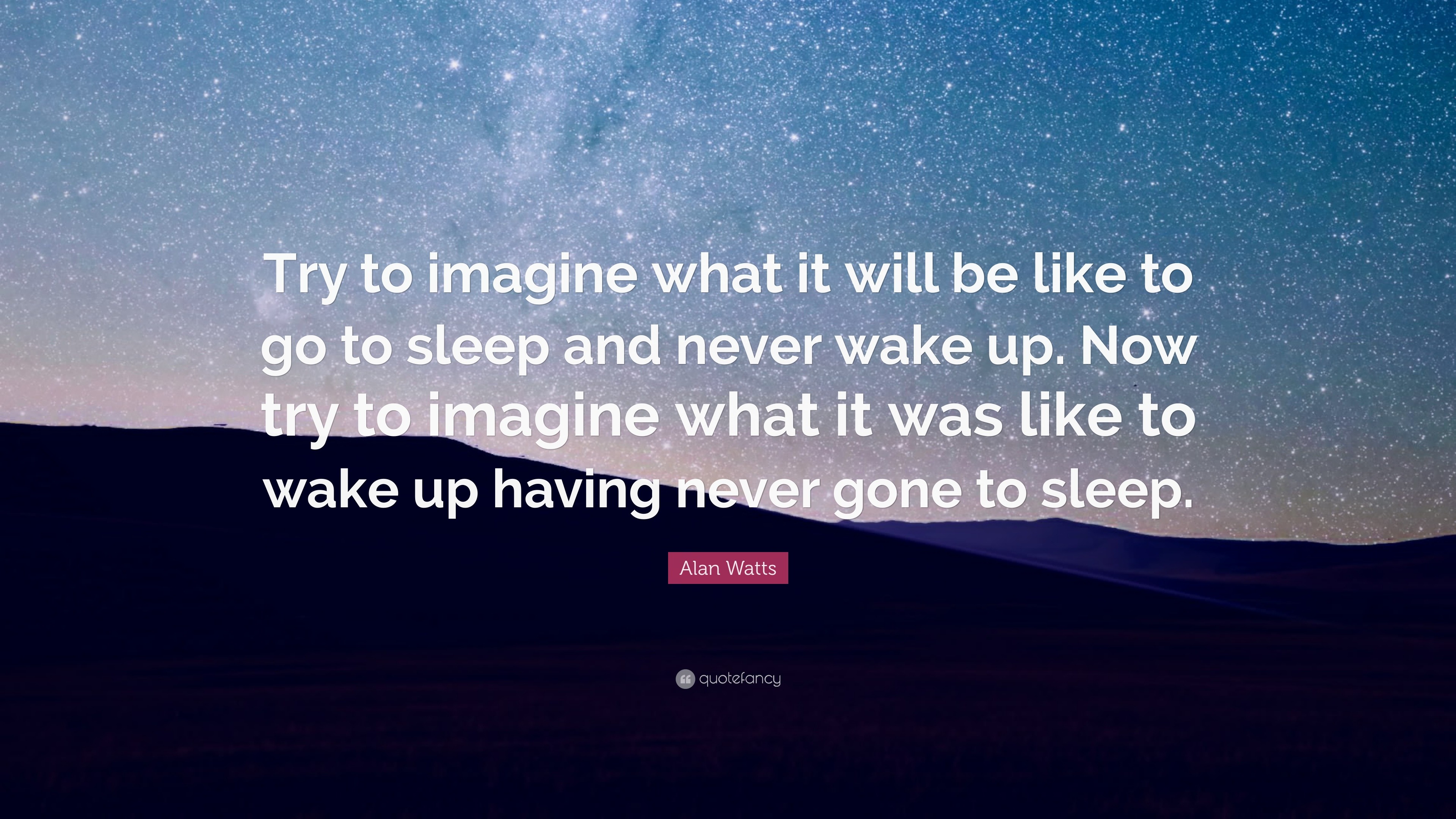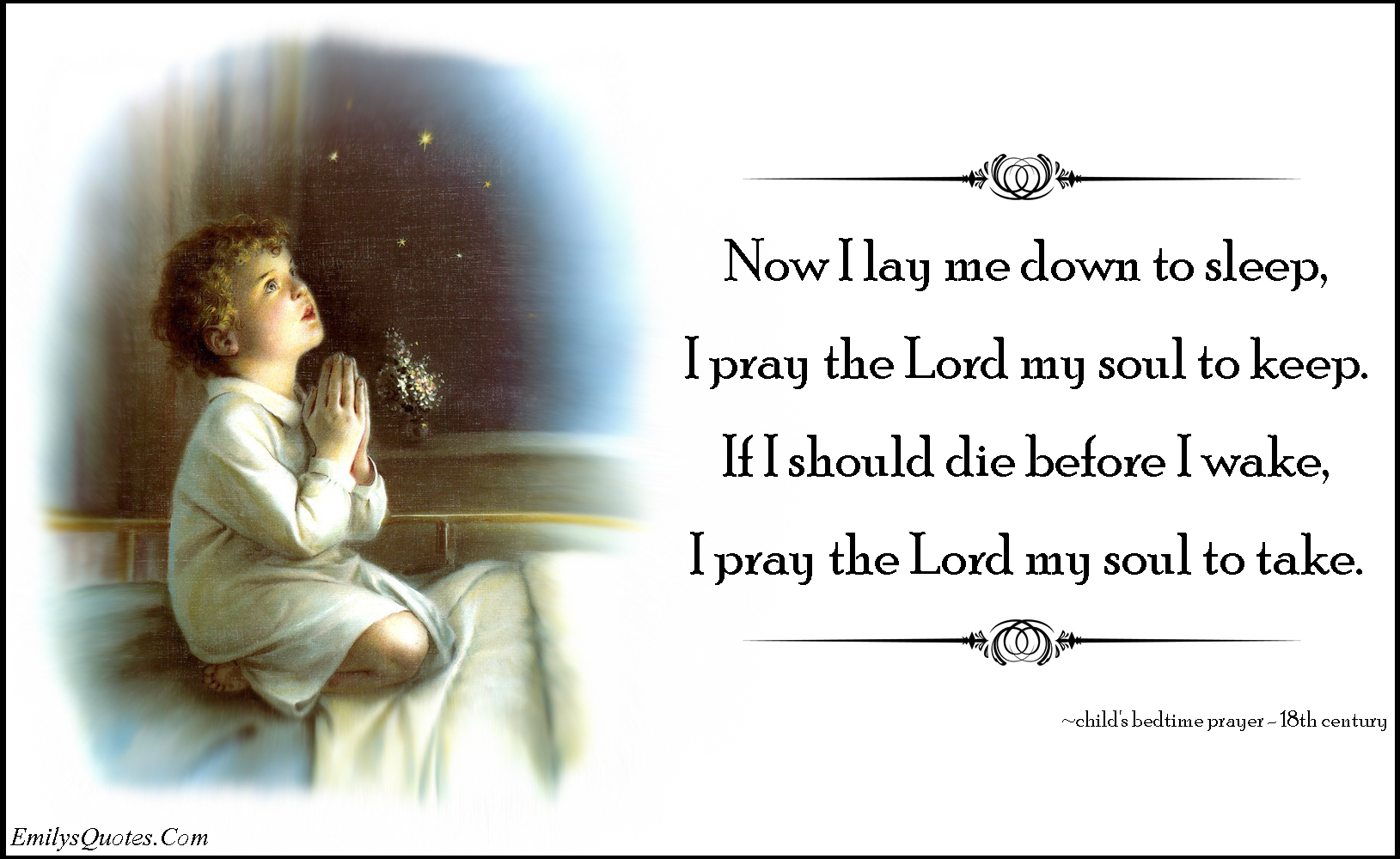

Certain activities have been proven to relax babies, and when done in the right order, it sets your baby up for sleeping longer at night.Ģ-3 months is a great age to introduce a bedtime routine, because this is when your baby’s circadian rhythm is developing, allowing your little one to distinguish night versus day.


The purpose of a bedtime routine is to calm your baby in the evening, so that their body can relax and welcome sleep. Should my 3 month old have a bedtime routine?Ībsolutely! The best way to set your baby up for sleeping long stretches at night is to begin a bedtime routine. A great way to do this is to wake your baby after 1.5-2 hours for each individual nap. Limiting your baby’s total nap hours to 4 hours can help them add more hours to night sleep. If your 3 month old is sleeping less than nine total hours at night, make sure they’re not napping too much. Ask your baby’s doctor how many night feeds they need. Most babies this age can go 4-6 hours between feeds at night. But… this sleep will be broken because your baby needs to wake at night to feed. RELATED: Common 3 Month-Old Sleep ProblemsĬan I get my 3 month old sleeping 10 hours at night?ĭefinitely! Most three month old babies need around 10 hours of sleep at night. You’ll be surprised by how much your baby’s sleep and mood can improve when getting enough sleep everyday. Track your baby’s naps and nighttime sleep on an app like Huckleberry to make sure they’re getting enough total sleep each day. Three month old babies sleep a lot! In fact, your little one will probably sleep around 13-16 hours everyday. This can help your baby get the majority of her calories during the day so she can sleep longer at night. If your baby wakes 4+ times at night to feed, try feeding more often during the day. Most 3 month olds need to eat 2-3 times at night, whether breastfed or bottle fed. Night weaning typically happens between 6-9 months. It’s rare for a 3 month-old to sleep through the night without needing to feed. Your baby will probably need to feed 2-3 times overnight. Most 3 month old babies need 9-11 hours sleep at night. For example, your baby always falls asleep between 8-8:30 pm every night. Tight bedtimes lead to the best night sleep. It’s important to know that your baby’s bedtime should not vary by 2 hours every night! Instead, try to keep your baby’s bedtime within a 30 minute range each night. If your 3 month old’s bedtime is much later than this, see my guide on moving bedtime earlier. Most babies this age naturally fall into bedtime between 7:30-9:30 pm.

This is perfectly fine as long as your baby is happy between sleeps, naps for 3-5 total hours each day and you’re keeping awake times around 1-2 hours. Your baby may prefer one 2-hour nap in the morning and several 30-45 minute naps in the afternoon. What is important is making sure your baby naps frequently and for 3-5 total hours each day. The number of naps your baby takes is not important. Some 3 month olds will take three naps each day, and others might take five naps. # of naps isn’t important at 3 months old This often backfires! Instead, allow your baby to nap often throughout the day. So avoid the temptation to keep your baby up all day, hoping he’ll sleep better at night. This means your 3 month old baby should be awake for only 1-2 hours at a time during the day. How many hours should my 3 month-old sleep everyday?Īwake times of 1–2 hours work best at this age. Here’s to a better night’s sleep for your family! And it gives you example 3 month old sleep schedules to follow. This article answers common parent questions about 3 month old nap schedules, wake time, and bedtime routines. And following my nap tips should help your little one start settling easier and napping better! But, small changes to your 3 month old’s sleep schedule can help you start getting longer stretches of night sleep. The majority of babies this age still need to eat at night. Whether your baby is an “easy sleeper” or not, most moms and dads start craving a predictable sleep schedule for their 3 month old baby. Three months after giving birth, the “newborn honeymoon phase” starts to wear off and parents become eager to settle into a predictable routine with their baby.


 0 kommentar(er)
0 kommentar(er)
